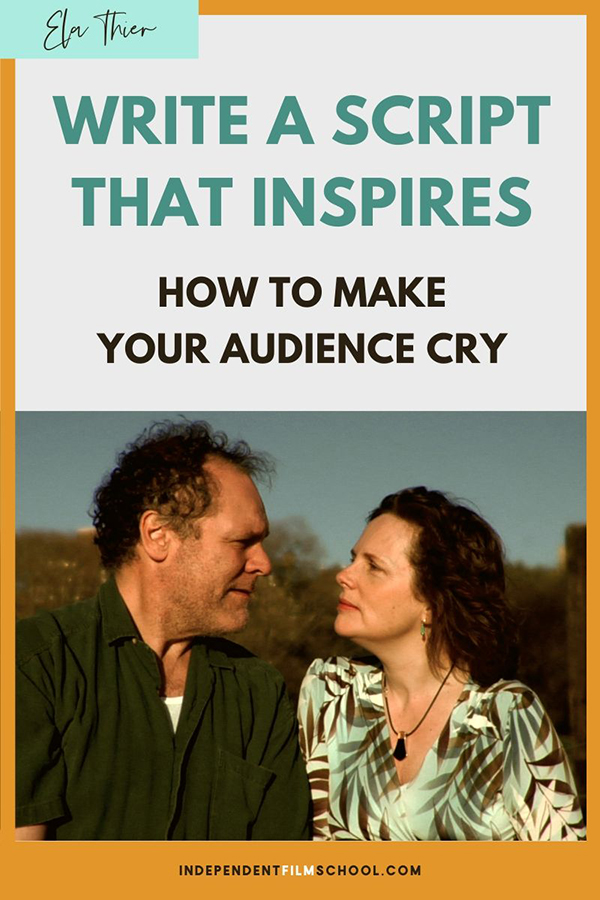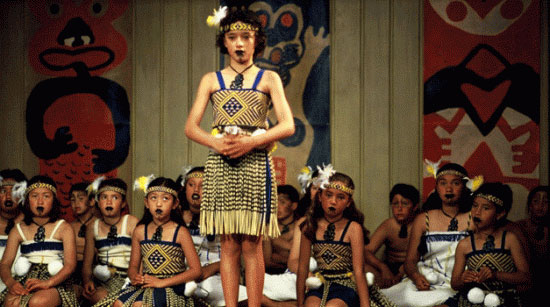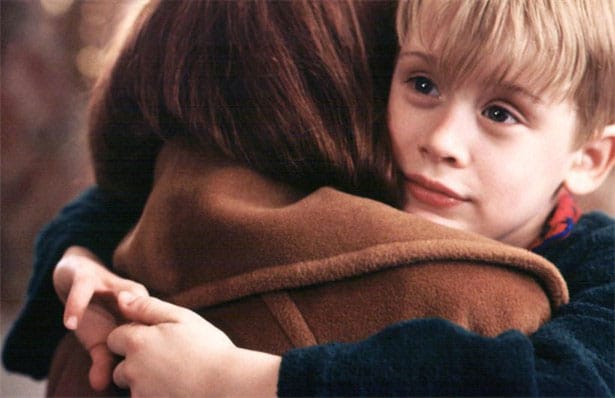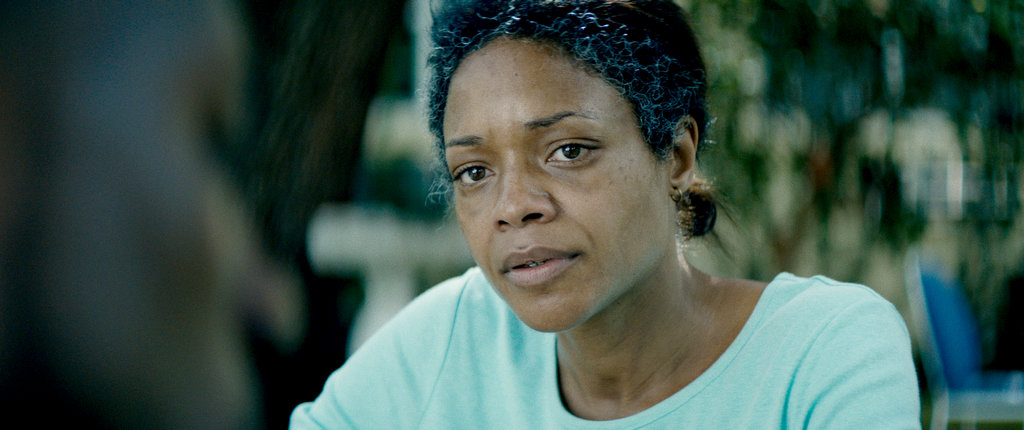
How To Write a Script That Your Reader Can’t Forget.
How to write a script that sticks out of the pack? Industry peeps do have piles of scripts to read. So when yours is added to a pile, you can’t settle for a script that’s properly formatted or solidly structured. Sure, you need to know how to do that, and fortunately, it’s easy enough to learn those things. But in addition to format and structure, the script that stands out of the pack, the script that your reader won’t be able to stop thinking, is the script that moves them.
If your script makes your reader cry, they will not be able to forget it. Fortunately, you don’t need a magic wand or luck to write a script that will make your audience cry. You can actually learn how to do that.
By the way: if you’re still stuck on format or structure, then let’s take care of business: here’s my 10-minute crash course on screenplay format. And here’s where you can join my list. I offer free trainings for writers and filmmakers regularly and will invite you when I offer the next one.
Ok, with that out of the way, let’s get on with the water works and write a script that pops!
How to Make Your Audience Cry – Begin with the Why
Students of Rabbi Akiva were horrified when they found him home crying on the Sabbath. “Rabbi!” they said “But we are commanded to enjoy the Sabbath!” Rabbi Akiva replied “Crying is what I do to enjoy the Sabbath.” – The Talmud
My biggest personal highlight of watching screenings of my film, Tomorrow Ever After, with an audience, is seeing people cry. One guy told me that he cried for at least ten minutes after the film was over – just during the credit roll!
Shows and films that make an audience cry are the ones we end up wanting to own and watch time and again.
Well-intended friends and family members often try and make the crying person stop crying; we’ve been trained to think that if we stop the crying, we stop the pain. In truth, crying is how we heal from pain. Crying is a big relief. It’s a load off. Crying is enjoyable.
Because our culture represses crying, people unconsciously (or consciously) hunger to find release and cry. Shows and movies are a golden opportunity to enjoy crying, which is why we recommend the ones that do that for us. If you create a film that makes your audience cry, they will appreciate it tremendously. They’ll feel seen and understood by you.
How to Make Your Audience Cry? Not with Sad Stuff!
Sad stuff doesn’t make people cry. Write that down ten times! Sad stuff makes people need to cry, but it doesn’t make people cry. Crying is healing and sad stuff doesn’t heal us. It just stresses us out dude. I’ve seen it happen where a movie piled on one sad thing after another and achieved the opposite effect – people started laughing (ouch!) So unless you are writing a farce, ease up on the sad stuff ok?
What makes people cry is the opposite of the sad stuff.
If I feel lonely and someone tells me that they’re my friend forever, I might cry. If I miss someone and I think about my favorite moments spent with them, I might cry. If I feel insecure and someone lends me their confidence and tells me that they’re proud of me and that I can do whatever I set my mind to, I might cry. You get me?
Crying is healing. It’s when we feel safe and uplifted that the floodgates open and the tears come. Tears are what happens when we heal the sad stuff.
I could name hundreds of examples from shows and films, but here are just a couple:

In Whale Rider, nobody cries no matter how mean the grandfather gets. But when Pai dedicates her speech to him and expresses her love, everyone’s in tears. It’s the love, not the hate, that brings the tears.
Big Fish. I bring it up because I know a guy who never cries, but this film broke him down. When did he cry?
The son being estranged from his father didn’t make him cry. The son telling a story the way his Dad would have told it made him cry. They are now of one mind and at last united.
The father dying didn’t make him cry. The father being honored by all the people in his life who love him – that made him cry. It’s not the sad stuff that gets the tears. It’s anything that contradicts the sad stuff that gets the tears.
A movie I was surprised to cry at: Home Alone. Hey, don’t judge. I cried at the end of Home Alone ok?! The son separating from his Mom and family at the end of Act I didn’t make me cry. The son and mom reuniting at the end of the movie gets the tears. I totally cried when mom finally came home!

Did you see Brokeback Mountain in the theater? I went a couple of times. Always at the same spot when you start hearing sniffles and tissues get passed around. When do those tears come? When they have a big fight? Nope. When Ennis finds out that Jack died? When he finds out how Jack died? No, no, no. No one cries at the saddest moments. Homophobia doesn’t make us cry. Death and violence doesn’t make us cry.
We all lose it when Ennis finds his shirt behind Jack’s closet. Their love for each other is all in that shirt. It’s their love that makes us cry. Love is the contradiction to homophobia and violence. The artists behind that film even squeeze a few more drops out of us in that very last image of the film, as we watch Ennis open his own closet and the shirt hangs there.
Seen the Oscar-winning Moonlight? So much sadness and pain in that film. Poverty, racism, addictions, loneliness. But none of these bring the tears.
The waterworks come when the main character, Chiron, meets up with his mom in the rehab center and the loving mom that always lurked under the surface finally arrives.

When You Write a Script: Identify the Moment when “Mom Is Finally Here”
You’ve seen or heard of this scenario: a young person plays in the playground and gets hurt. He brushes his knee and jumps right back into the fray, playing like nothing happened. The moment mom arrives, even if it’s two hours later, that’s when the child bursts into tears about the hurt knee.
You see, the hurt knee doesn’t bring tears. Mom showing up is what (finally!) brings the tears. Her caring and connection is the contradiction to the hurt.
Your audience will identify with your main character. Your main character will get hurt and scrape her knee. But only at that metaphorical “Mom is Finally Here” moment will the tears come, for your audience and possibly for the actor too.
If you write a script that isn’t intended to make your audience cry –
If your script isn’t intended to make anyone cry, it’s still useful to think in those terms: When is your metaphorical mom-finally-arrives moment? That’s the emotional apex of your story. That’s the element that makes your script inspire and stick in people’s minds – and hearts.
Every good story has this moment. Some are subtle and some hit you like a sledge hammer. (I happen to like sledge hammers when it comes to story telling. To each her own…)
The hurting of the knee is not the emotional height of your story. The moment “mom shows up at the playground and it’s finally safe enough to cry” – that’s the most emotionally powerful moment in your script.
Study both dramas and comedies that make people cry and you will notice this: The sad stuff doesn’t make us cry. The sad stuff prepares the ground for that big relief when we finally get a whiff of hope, caring, love, and human connection against all odds – those moments of relief are the moments that make us cry.
Join me here for my free trainings.
Happy writing. And happy crying!
Ela :’-)
If you’re looking for a couple of films that bring waterworks…
(Drum roll please) I recommend my own films 😎 Foreign Letters and Tomorrow Ever After. I’ve even managed to make a short film that makes people cry: A Summer Rain.

